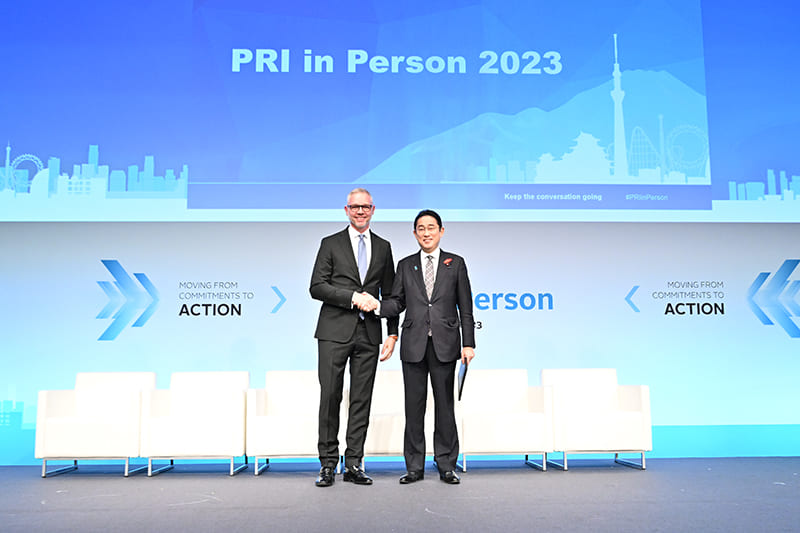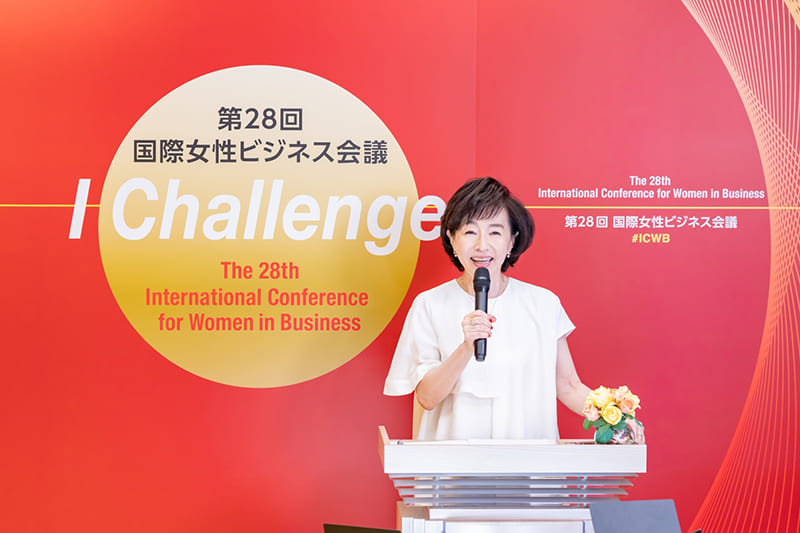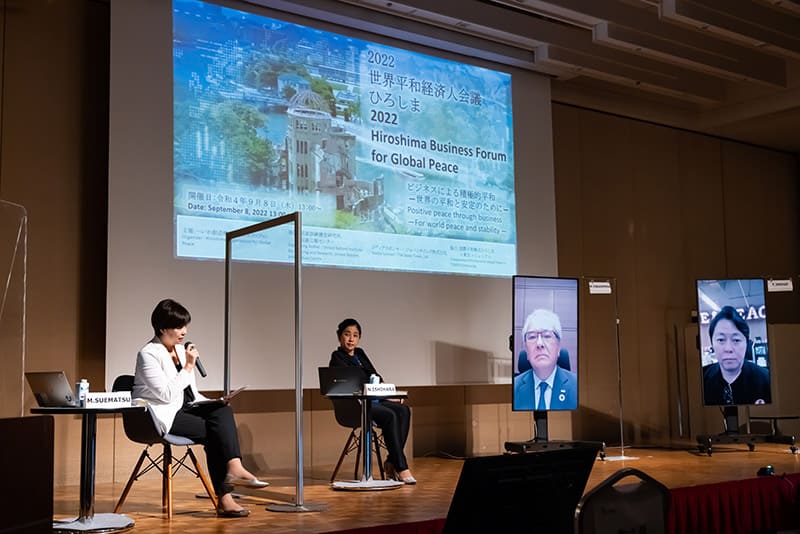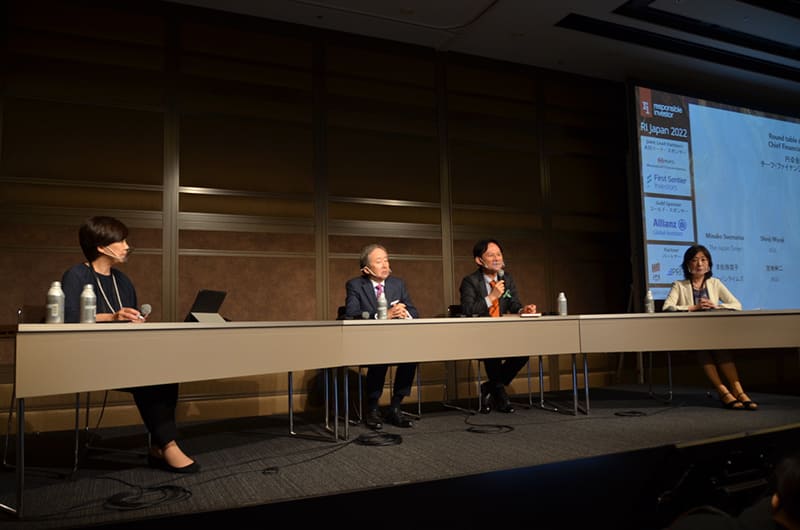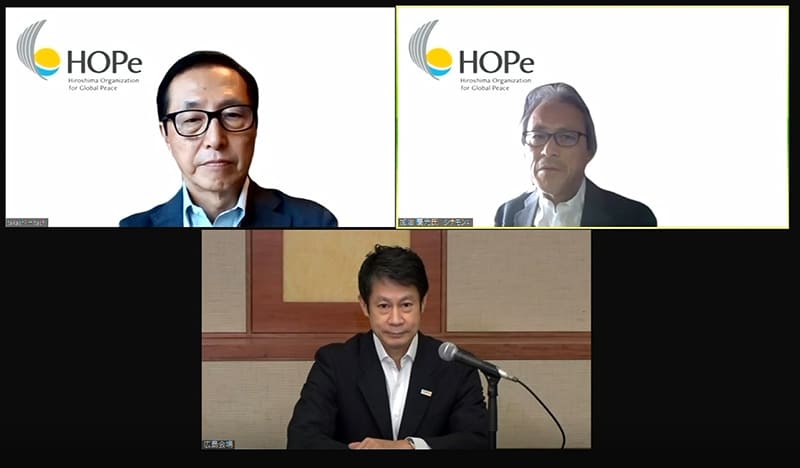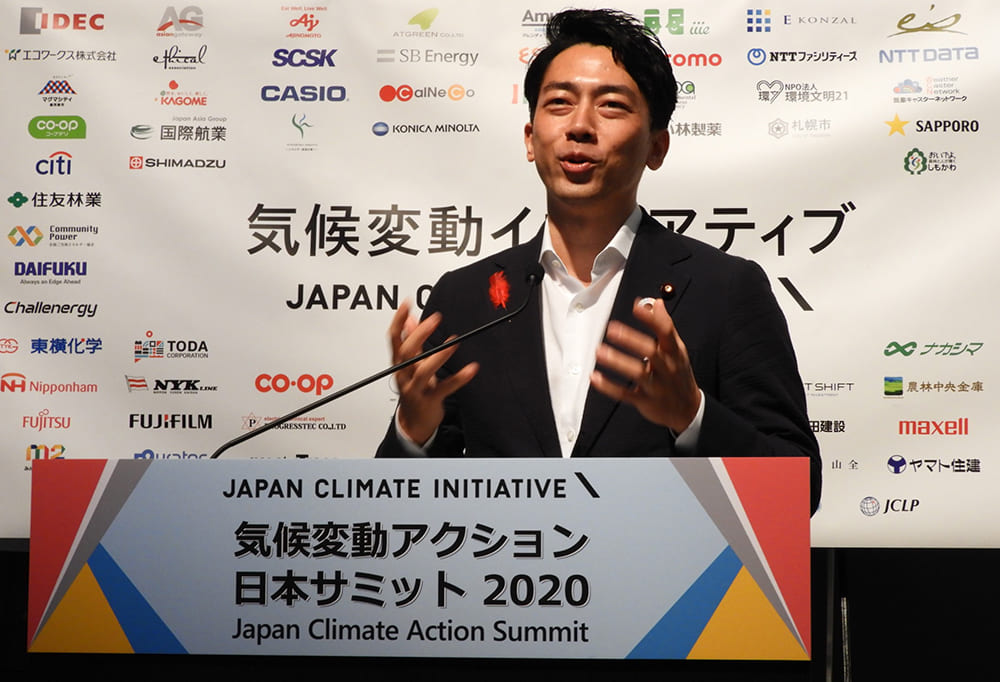November 19, 2021
Share Summit gathers ideas to create a circular economy
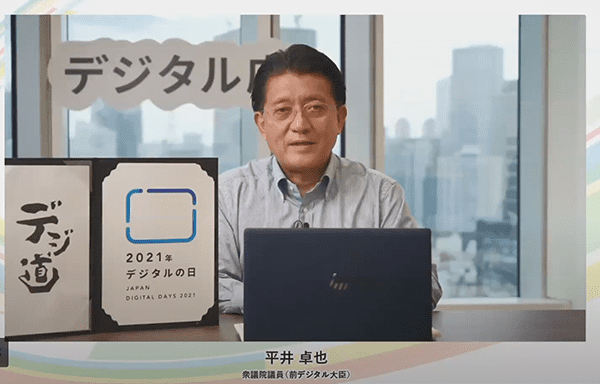
Over 5,000 participants gathered online at the Share Summit 2021 on Oct. 5 to contribute ideas promoting the sharing economy to replace or supplement current socioeconomic systems, which are faced with the need to change due to the pandemic as well as global sustainability issues.
The event, organized by the Sharing Economy Association, Japan, invited 65 speakers as individuals or representatives of organizations both public and private with solutions to share about how a mature economy can sustain itself through sharing.
The opening session consisted of messages from former Digital Transformation Minister Takuya Hirai, Taiwanese Digital Minister Audrey Tang, Zoom Video Communications Inc. CIO Harry D. Moseley and Yuji Ueda, the representative director of Sharing Economy Association, Japan and CEO of Gaiax Co., a startup studio for new businesses mainly in the categories of social media and the sharing economy.
Afterward 13 panel discussion sessions and one pitch session were held, covering diverse topics such as sustainable management, ESG investment, digital transformation, the role of the sharing economy in achieving the U.N.’s sustainable development goals, rebuilding tourism in sustainable ways and community development based on the concept of sharing.
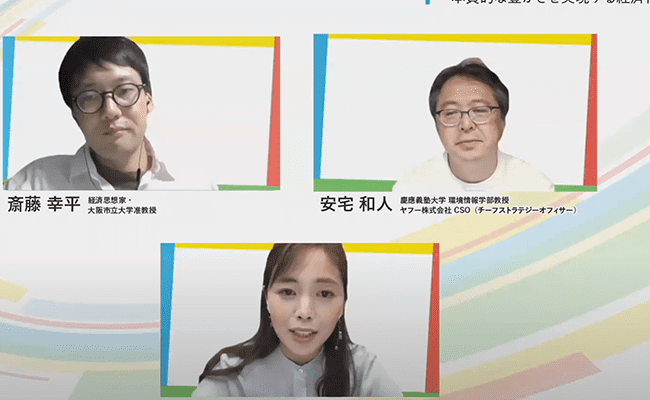
Why is the concept of sharing becoming such a hot topic not only in people’s lifestyles but also in business and the economy? The answer could be found in the panel discussion led by Kohei Saito, an economic thinker and associate professor at Osaka City University, and Kazuto Ataka, the chief strategy officer of Yahoo Japan Corp. and a professor in the Faculty of Environment and Information Studies at Keio University. They shared a sense of urgency in addressing climate change, which is already causing or escalating other global issues. Their discussion centered around the limitations of a capitalist economy that focuses on ever more consumption and growth, and presented the view that global crisis is unavoidable unless people’s habits and attitudes on consumption change.
Sharing can be an alternative form of consumption, and more things can be shared than society does now. One of the sessions focused on different ways of working and the sharing workforce, with some examples of “hybrid work,” in which employees are able to work from home or other locations in addition to the office, and “slash careers,” in which people maintain multiple income streams through simultaneous different professional identities.
“To realize diversity in a workplace and make it possible for various people to work together, we need to allow free and flexible ways of working that can unite workers beyond time and space,” said Hideto Fujino, the representative director, chairman, president, CEO and chief investment officer of Rheos Capital Works Inc., pointing out that whether or not a company can do that will have a direct impact on its productivity and competitiveness.
“What we think of as the conventional system of employing full-time workers in Japan was actually created to fight wars efficiently,” said Koichiro Yoshida, president and CEO of CrowdWorks Inc. “So private ownership has a short history. It may have even worked, as a temporary system.” He explained that in contrast, sharing publicly owned assets and resources had been the usual practice for a much longer period of time. He said it is quite natural that diverse work styles, as well as sharing work and workers, are starting to attract attention at a time when the conventional employment system seems to have come to a dead end.
The last session focused on four young people who actually live and work in diverse unconventional ways as freelancers and career slashers. Their hands-on experiences sparked interest among the audience, and the comments section of the livestreamed video was filled with questions and comments about the speakers’ lifestyles.
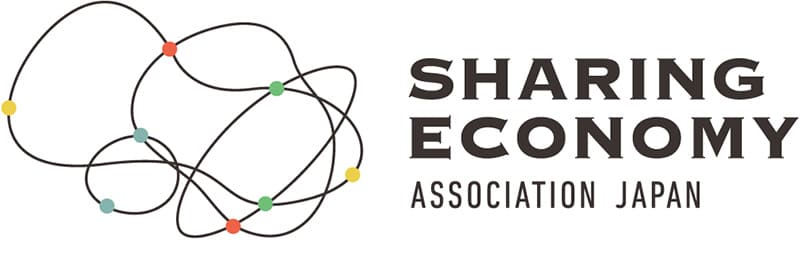
In the pitch session, 11 speakers presented ideas and services that support new ways of working and enable sustainable ways of living based on the concept of sharing, such as the umbrella service i-Kasa and the parking service Nokisaki.
There were also online booths exhibiting companies, online platforms and tools such as Zoom and Slack, the eKYC (electronic know your customer) solution provider Trustdock, the space-sharing service provider Space Market Inc. and Aini, a platform that introduces people to the daily lives and activities of various communities through guides and workshops.
Even though the Share Summit 2021 was conducted entirely online, it contributed to connecting people and served its purpose of presenting the kinds of positive changes that the sharing economy can bring about and encouraging action to achieve a sustainable and circular society based on sharing.

